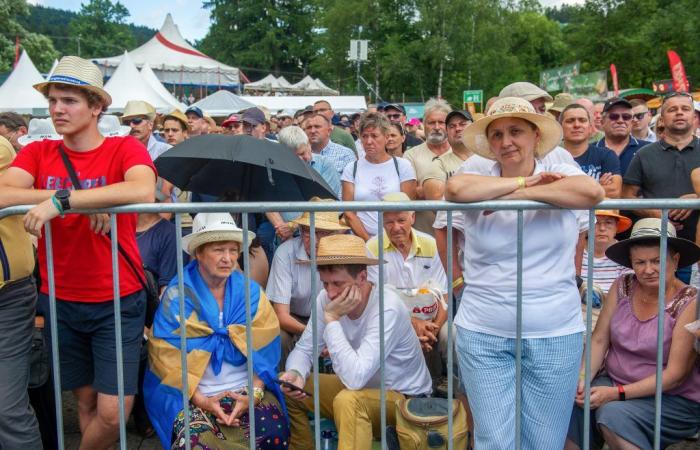Nobody’s getting any younger, but the age at which we’re considered old has increased over the generations, according to a study of 14,056 people born between 1911 and 1974. Participants answered survey questions over 25 years (1996–2021) , the result being published in the journal “Psychology and Aging”
People, young people, seniorsPhoto: Inquam Photos / Laszlo Beliczay
So when does old age begin? The answer to this question is changing as people live longer, retire later and maintain high levels of health.
In the mid-1960s old age was thought to start at 75 – but the older the participants, the further they push the age limit.
The people studied answered the same question about 8 times over the course of 25 years: when does old age begin. Every 4-5 years they “pushed” the age from which we are considered old by one year, the authors of the study show.
There are also those who do not want to be associated with the notion of old age
“Some people have such negative views of the elderly that they don’t want to be associated with them,” said John Rowe, a professor of health and aging policy at Columbia University who was not involved in the research. “So if they’re 70, they’ll say old age starts at 75. And when they get to 75, they’ll say old age starts at 80.”
Participants who were born earlier – from 1911 to 1935 – say that old age begins earlier than participants who were born after 1935. For example, when participants born in 1911 were 65, they set the onset of old age at 71 year old. In contrast, participants born in 1956 said old age begins at age 74, on average, when they were 65.
“Perceptions of aging clearly change over time. “Middle-aged or older people today believe that aging starts later than their peers did 10 or 20 years ago,” said Markus Wettstein, the study’s lead author and a psychologist at Humboldt University in Berlin.
Wettstein said the change could be due in part to increased life expectancy. “People who feel younger also believe that old age starts later,” Wettstein said.
The researchers also looked at how participants’ perceptions of old age changed as they aged. They found that as individuals aged, their perception of the onset of old age was pushed further. At age 64, the average participant said old age started at 74.7. At 74, they said old age started at 76.8. On average, the perceived onset of old age increased by about one year for every four to five years of actual aging.
Last but not least, the researchers examined how individual characteristics, such as gender and health status, contributed to differences in the perceived onset of old age. They found that women say old age starts two years later than men say, and this difference has grown over time. They also found that people who were more lonely, in poorer health said that old age started earlier.






